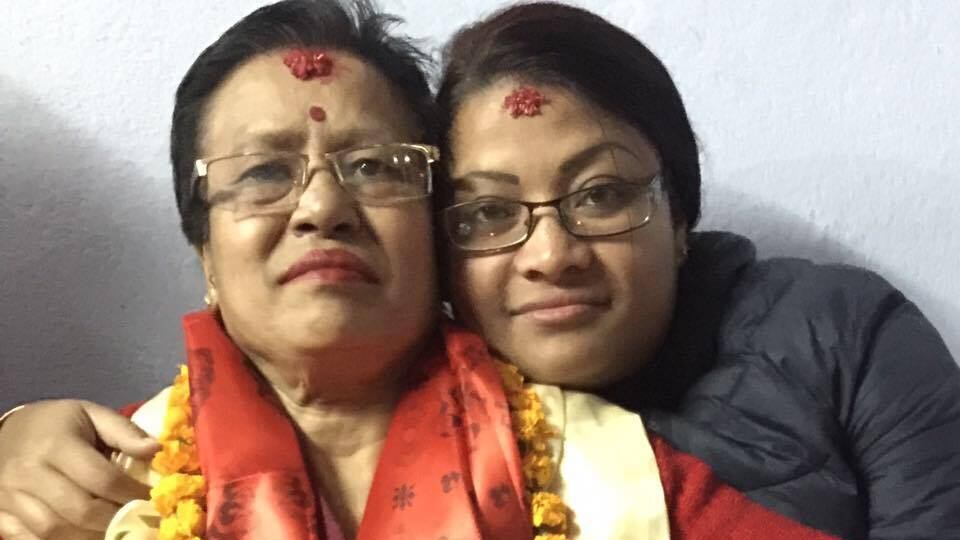A Nepalese woman, denied a travel visa for more than five months, is asking the American government to let her visit Portland to say goodbye to her mother dying of cancer.
The case of Sunita Tamrakar has dragged across two presidential administrations—and observers say it displays a cold and uncommunicative bureaucracy.
"Nobody talks to you. Nobody," says Ganga Sharma, president of the Nepalese Association of Oregon. "And they make so much money off these visa applications. They won't even tell you what's wrong in your documents, you just have to start over and pay again."
Last September, Sunita Tamrakar, 42, and her mother Keshari applied at the American Embassy in Nepal for travel visas to attend the wedding of their niece and granddaughter Selba, an American citizen who lives in Portland.
Sunita's visa application was turned down, with no explanation. But her mother's application was not, so Keshari went on ahead to Portland while her daughter stayed behind in Nepal to apply again.
Sunita has since applied for a travel visa five more times, and continues to be denied.
Her most recent application to visit the U.S. stated a different reason: to see her mother one last time.
Keshari, 69, has been battling lung cancer since 2015, and last week the doctors at Portland's Providence Cancer Center determined there was nothing more that could be done. Keshari is now in hospice care at her son Sunil's home.
"She is not expected to survive more than one week," Dr. Herschel Walden states in a letter to the embassy, before requesting rapid expedition of her daughter's visa.
Sunita's family has appealed for help from Oregon officials.
U.S. Sen. Ron Wyden (D-Ore.) sent his own letter of support for Sunita's application on Feb. 7. "Senator Wyden's office is working to bring this case to a successful conclusion as soon as possible," his office tells WW. "This goal has taken on even greater urgency with the humanitarian concerns that have arisen."
The Tamrakar family is attempting to get a letter from Gov. Kate Brown before Sunita's next appointment at the American Embassy this Wednesday, Feb. 15. The family has also started an online petition, which has garnered more than 6000 signatures.
But so far, no letters from doctors or senators have had an effect.
"My aunt has been taking care of my grandmother her whole life," Selba says. "It just breaks her heart to think she won't be able to say goodbye to her—it breaks all of our hearts."
The Consular Affairs Office at the U.S. Department of State has not respond to WW's inquiries about Sunita's case.
